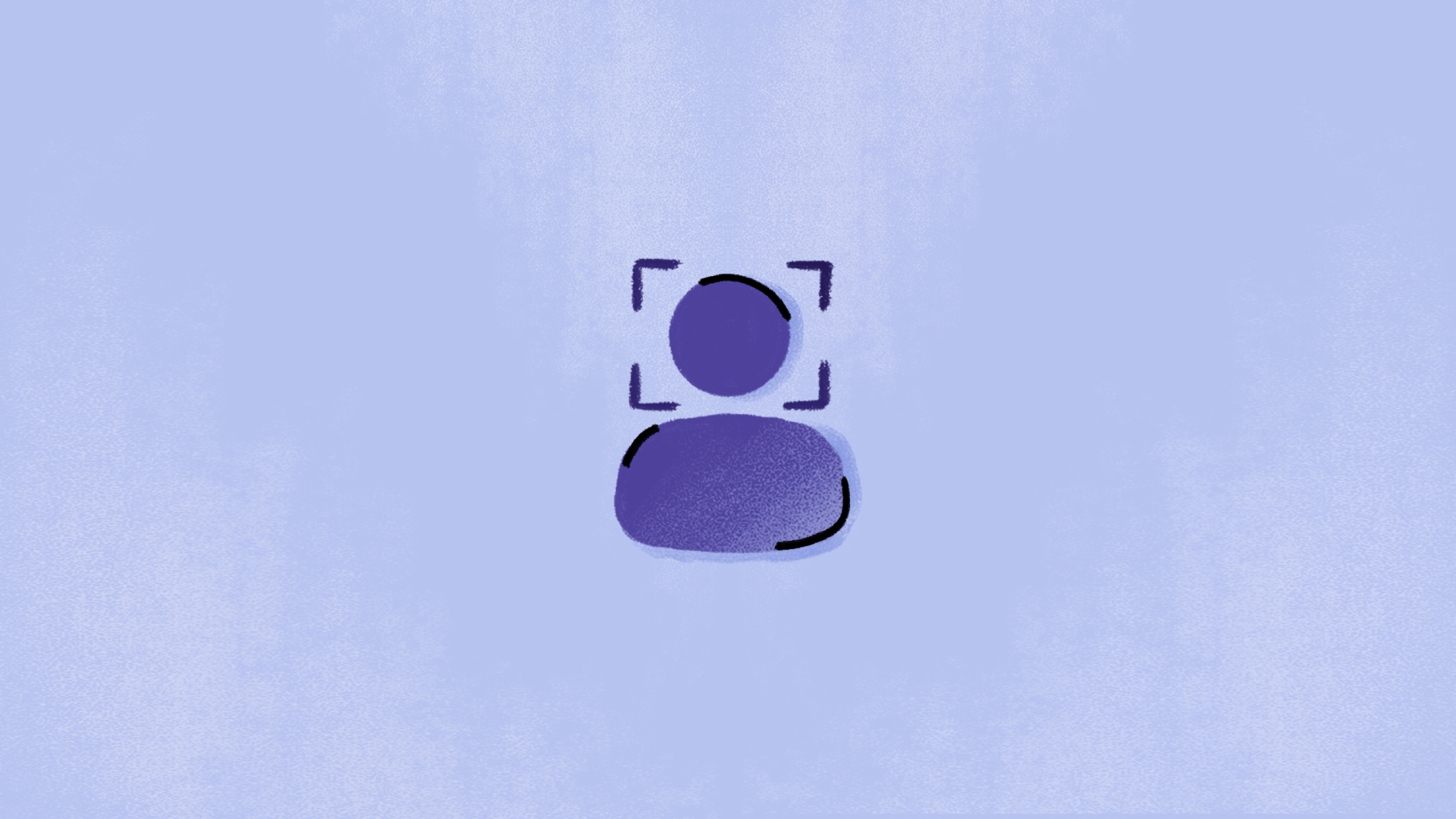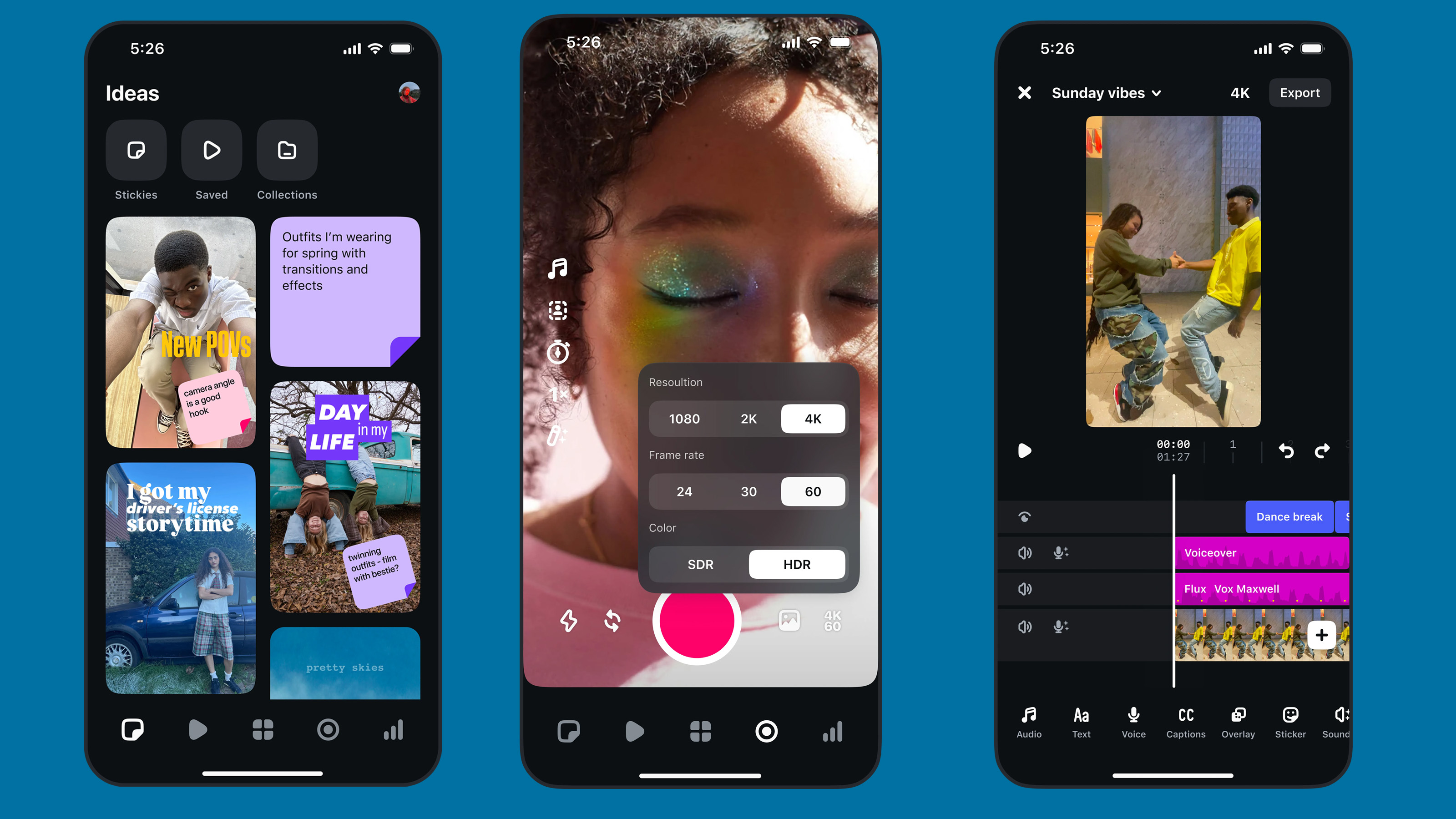Facebook announces that it will remove its facial recognition technology
Facebook will turn off the facial recognition technology that automatically tags you in photos and videos

After careful consideration, Facebook has decided to remove the Face Recognition System operating on the platform. More than a third of Facebook users originally opted-in to use the feature, and its removal will see more than 1 billion facial recognition templates deleted.
The decision was made due to concerns about the place of facial recognition technology in society, how it is regulated and by whom. In April 2021, the phone numbers and personal data of more than 533 million people were stolen from Facebook and leaked online, which sparked a discussion into the platform’s security measures.
• Read more: Best cameras for Instagram
On the whole, the decision seems like a positive one for users’ online safety, but facial recognition technology does have its advantages. The removal of the service means that those who rely on AAT (automatic alt text) such as the blind or visually impaired will no longer be able to know who is in a photo, just how many people.
In a statement released on Meta (the newly renamed parent organization of Facebook), Jerome Pesenti, Vice President of Artificial Intelligence said: “Our award-winning automatic alt text system, that uses advanced AI to generate descriptions of images for people who are blind and visually impaired, uses the Face Recognition system to tell them when they or one of their friends is in an image.
"After the change, AAT will still be able to recognize how many people are in a photo, but will no longer attempt to identify who each person is using facial recognition. Otherwise, AAT will continue to function normally, and we’ll work closely with the blind and visually impaired community on technologies to continually improve AAT"
Facebook recognizes that this decision will make the platform less accessible, but it hopes that the company-wide move away from broad identification will result in narrower forms of personal identification.
Get the Digital Camera World Newsletter
The best camera deals, reviews, product advice, and unmissable photography news, direct to your inbox!
This change represents one of the largest technological shifts Facebook has made to its platform, but it’s not scrapping facial recognition technology entirely. It hopes that the service may help people gain access to locked accounts, verify their identity for financial products or unlock a personal device.
While this change does mean that you’re going to have to manually tag friends and family in photos, it also takes away the risk of having your facial recognition template leaked online. Facebook is determined to find a balance between the long-term role of facial recognition in society and the safety of its users, so will continue working with civil society groups and regulators who are leading the discussion.
Read more:
Best iPhones for photography
20 famous photographers to follow on Instagram
Best monitors for photo editing
Best network video recorders
Best Black Friday camera deals
Best Cyber Monday camera deals

Having studied Journalism and Public Relations at the University of the West of England Hannah developed a love for photography through a module on photojournalism. She specializes in Portrait, Fashion and lifestyle photography but has more recently branched out in the world of stylized product photography. Hannah spent three years working at Wex Photo Video as a Senior Sales Assistant, using her experience and knowledge of cameras to help people buy the equipment that is right for them. With eight years experience working with studio lighting, Hannah has run many successful workshops teaching people how to use different lighting setups.
